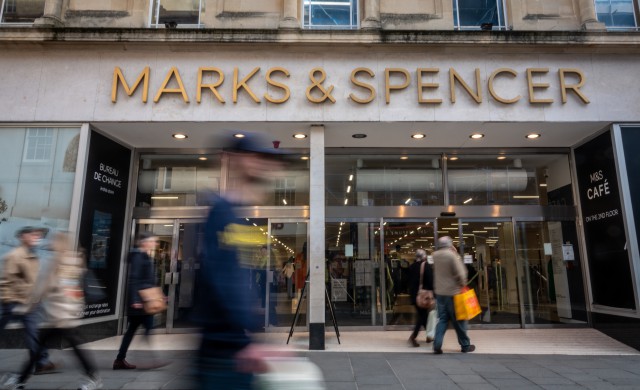Divided Opinions Over Move to Paper Carrier Bags
Marks and Spencer has made a significant change at the checkouts in hundreds of stores across the UK, replacing their plastic bags for life with paper carrier bags. The decision has divided shoppers, with some applauding the move to reduce single-use plastic, while others express concern or frustration.
Paper Bags for a Greener Future
In an effort to cut down on single-use plastic, M&S has introduced Forest Stewardship Council (FSC) certified paper bags at every store. These new bags will replace the ecoloop plastic bags for life and will be sold alongside durable tote bags. M&S claims that their paper bags are "super strong," capable of carrying over 15kg, and have been independently tested to withstand over 100 reuses. The bags are also waterproof thanks to a natural resin and can be easily folded for on-the-go shoppers.
Sustainable Options and Positive Changes
Marks and Spencer was the first retailer to introduce carrier bag charging in 2008, and since then, they have been offering more sustainable alternatives to customers. They recently introduced paper-based packaging for their rice, grains, and pulses range, removing an estimated 5.5 million units of plastic and reducing plastic content by 90%. These changes reflect M&S's commitment to environmental sustainability.
Controversy Surrounding Paper Bag Charges
Superdrug started charging 15p for their paper bags in February, sparking anger among some shoppers. Tesco also faced backlash when they doubled the price of plastic bag usage last year. Morrisons followed suit, replacing all its plastic bags for life with reusable paper ones at a cost of 30p. While these changes aim to reduce plastic waste, some customers have criticized the charges and expressed frustration on social media.
Sainsbury's Vacuum Packs Beef Mince for Eco-Friendly Solution
In a separate initiative, Sainsbury's announced in February that it would be vacuum packing all of its beef mince products, eliminating the need for a sturdier plastic tray and film lid. This change reduces plastic usage by a minimum of 55%. However, some shoppers have complained that the mince now sticks together in a lump.
Despite divided opinions, major retailers like M&S, Superdrug, Tesco, Morrisons, and Sainsbury's are taking steps to address environmental concerns and reduce plastic waste. These changes signify a growing commitment to sustainability in the retail industry.








